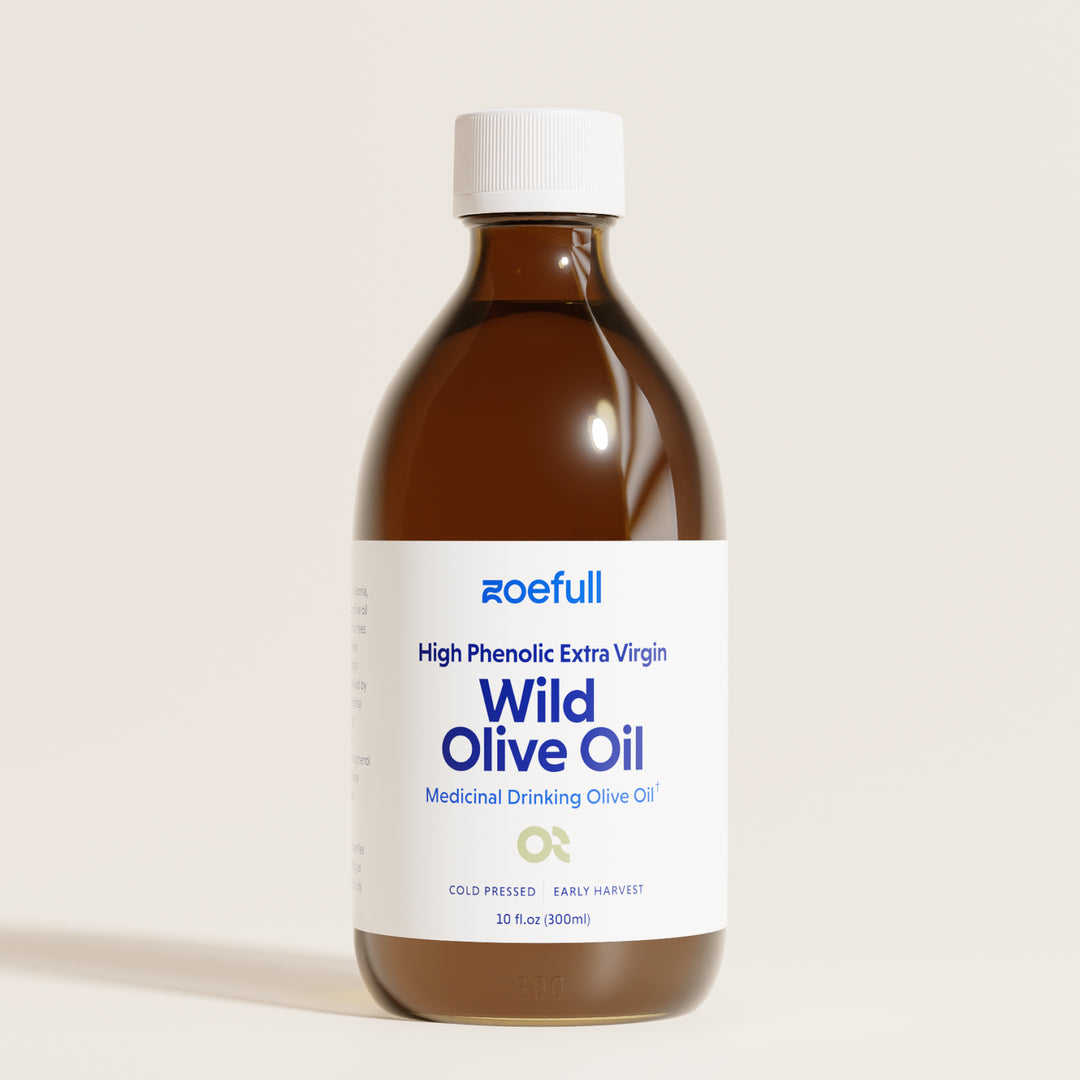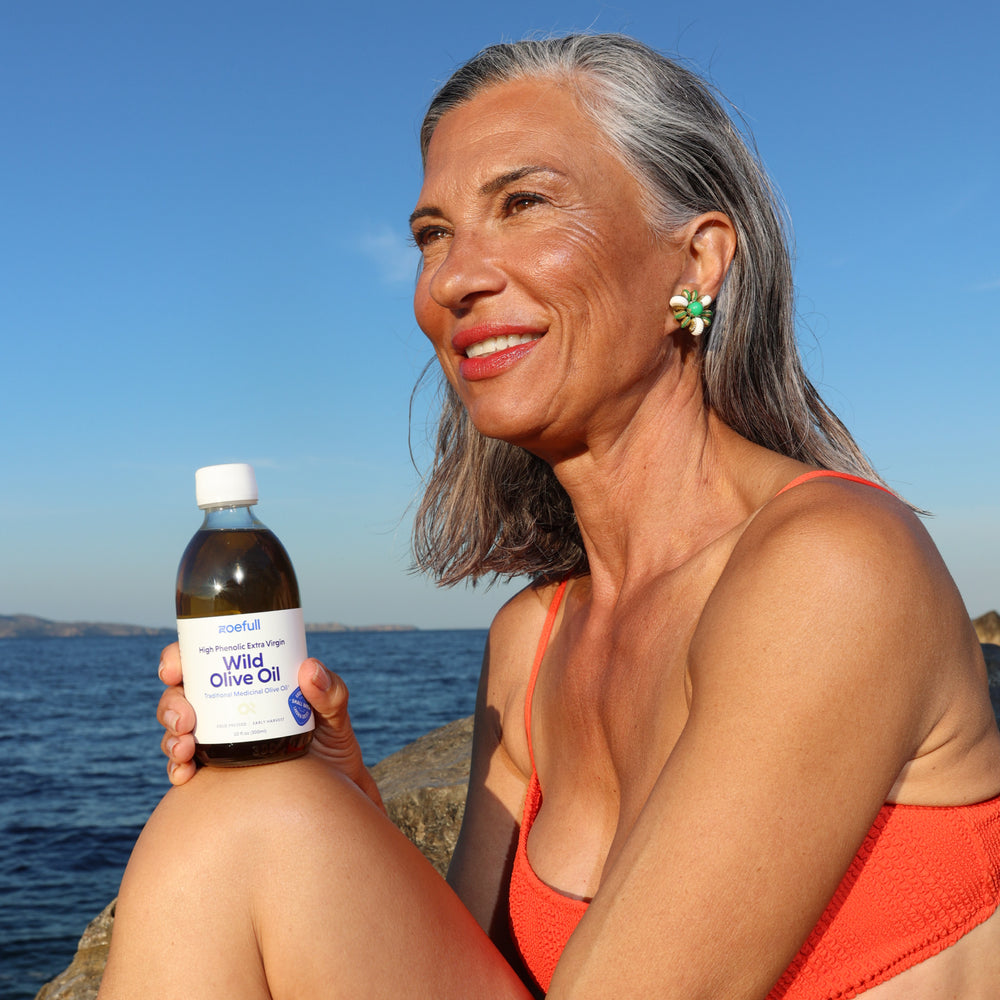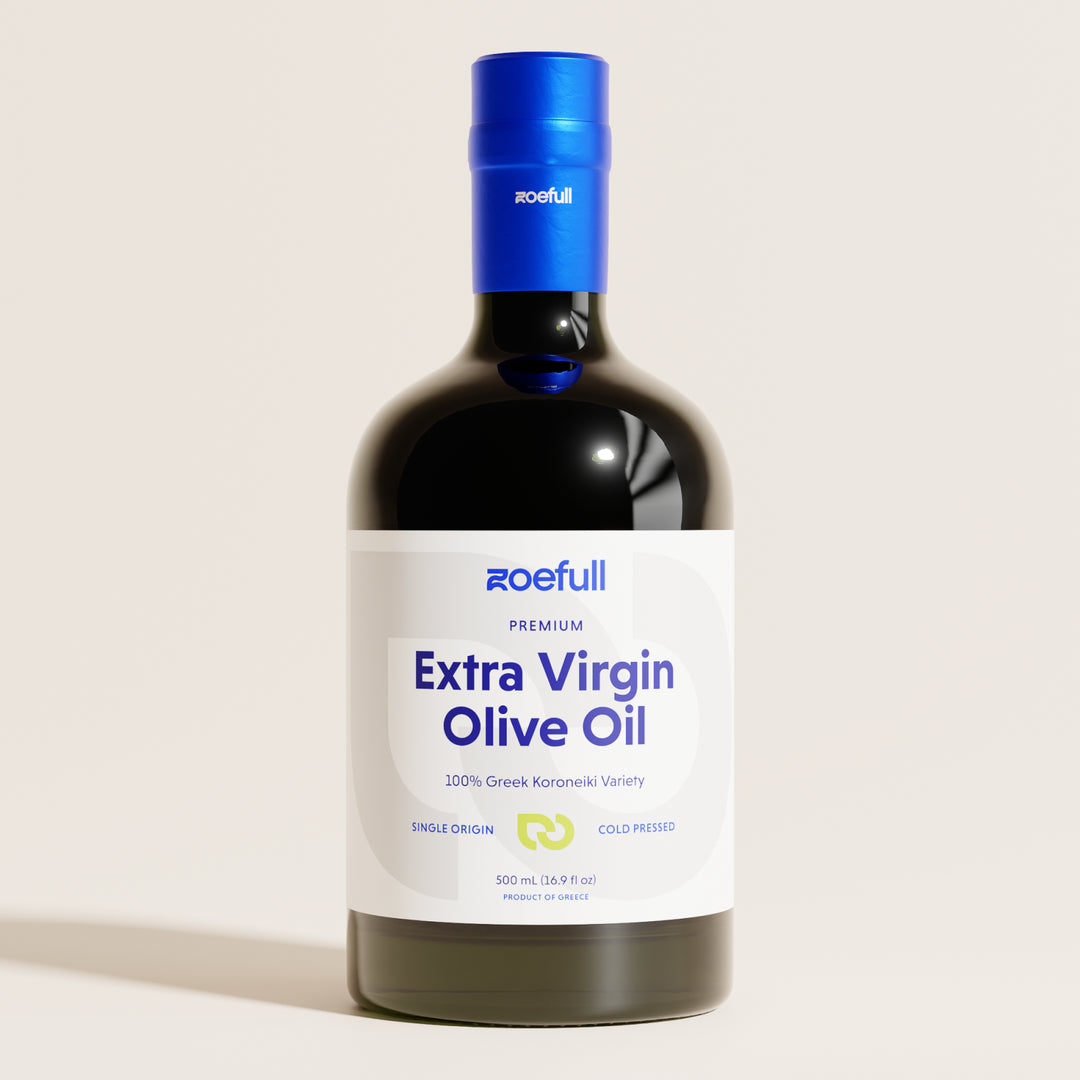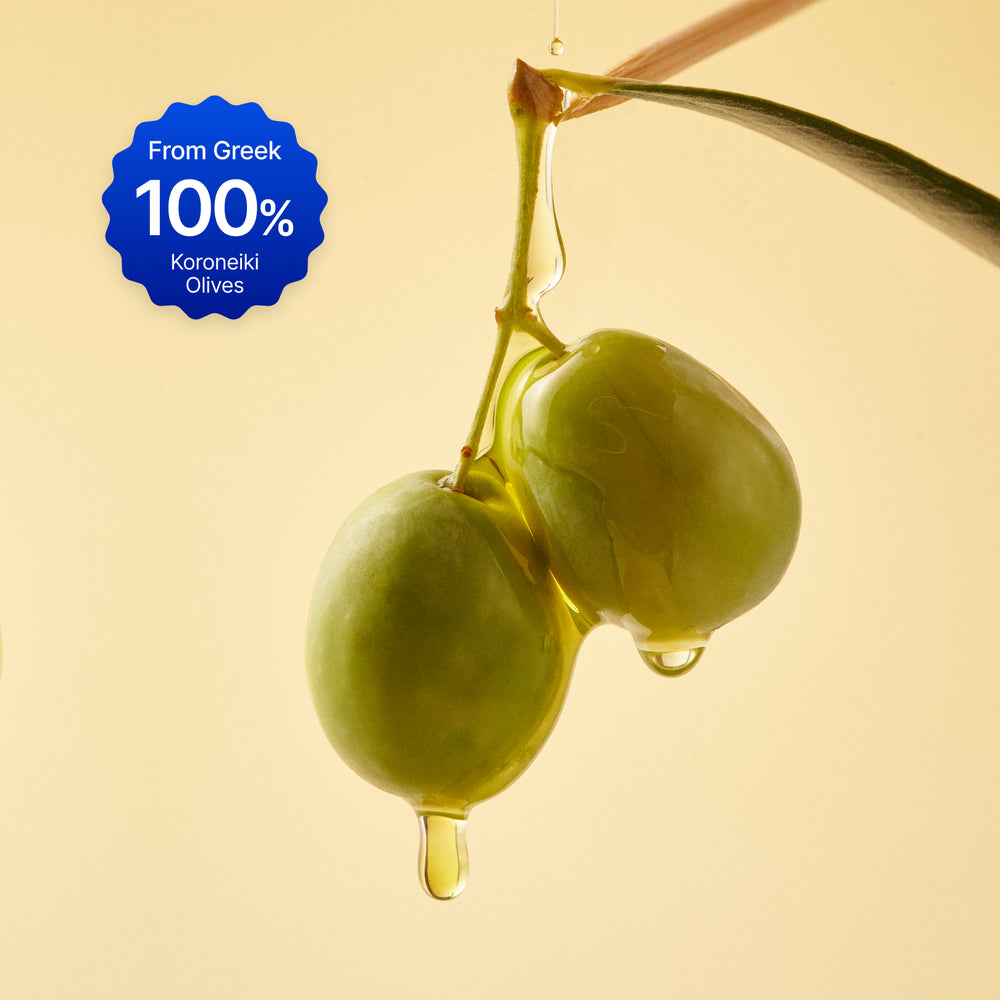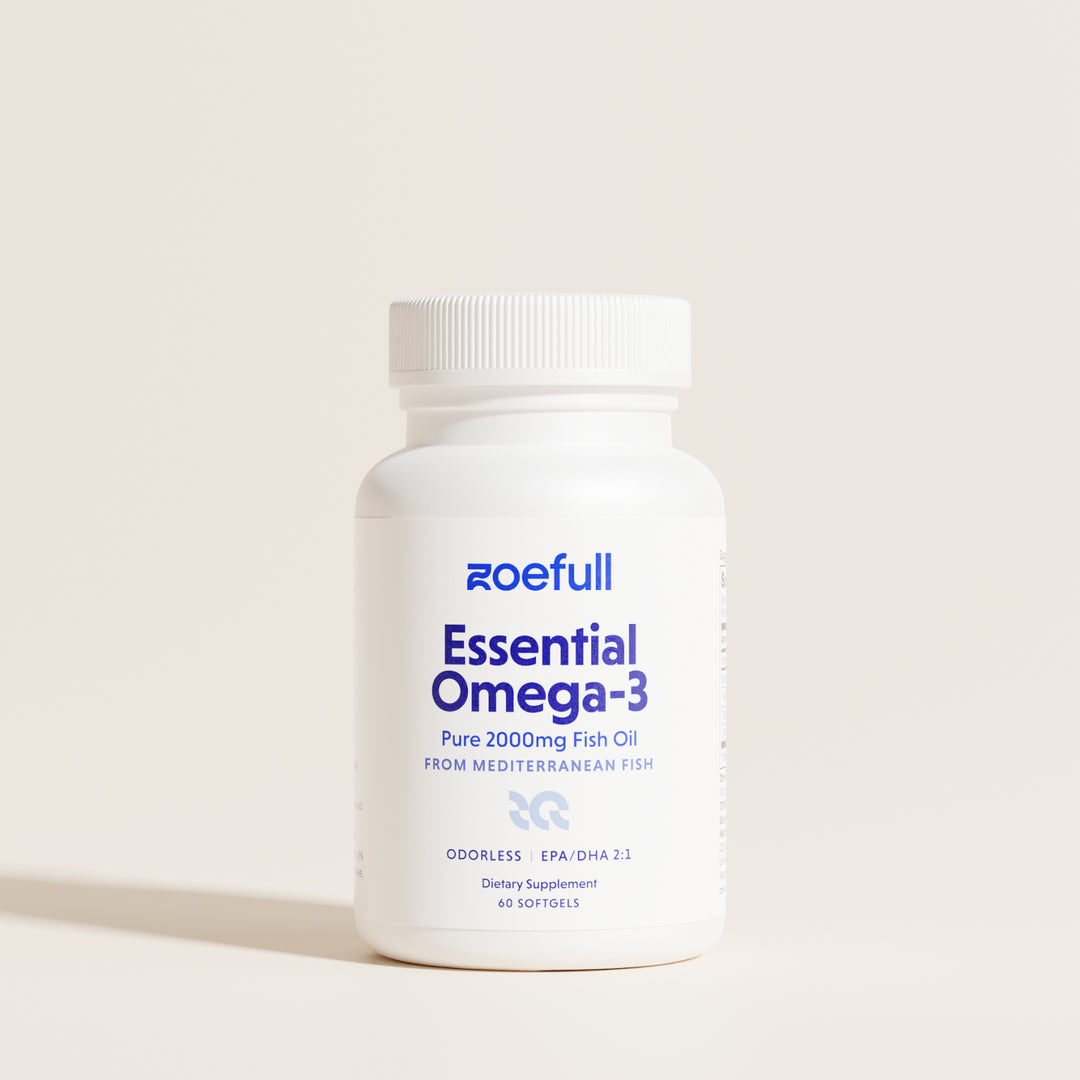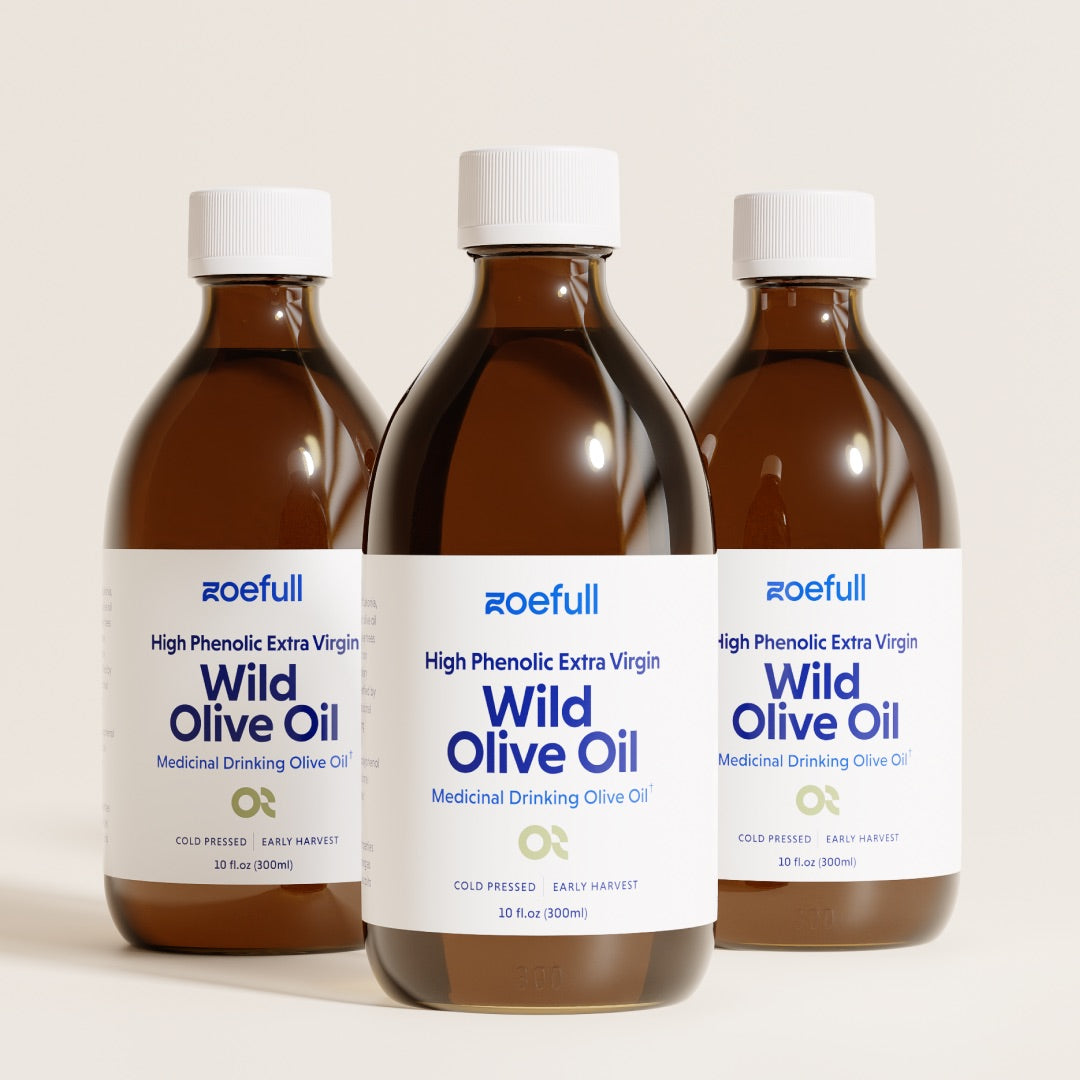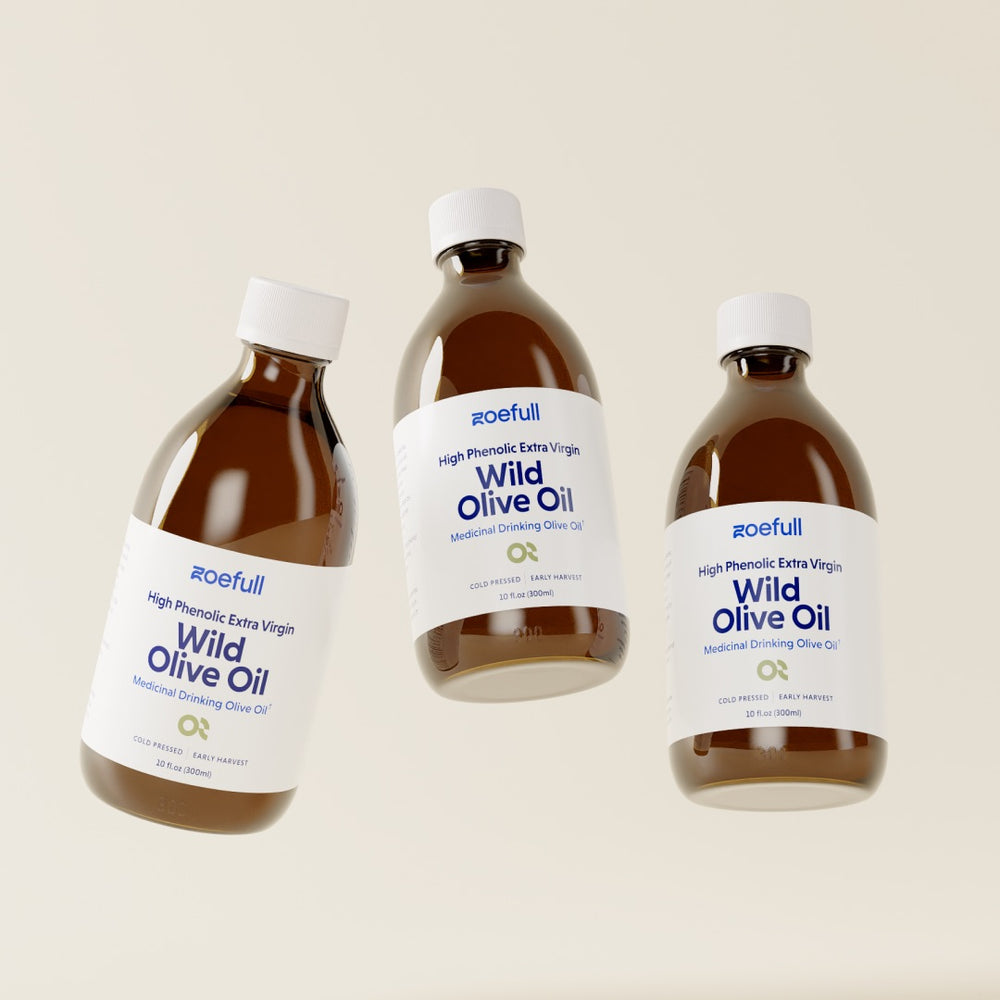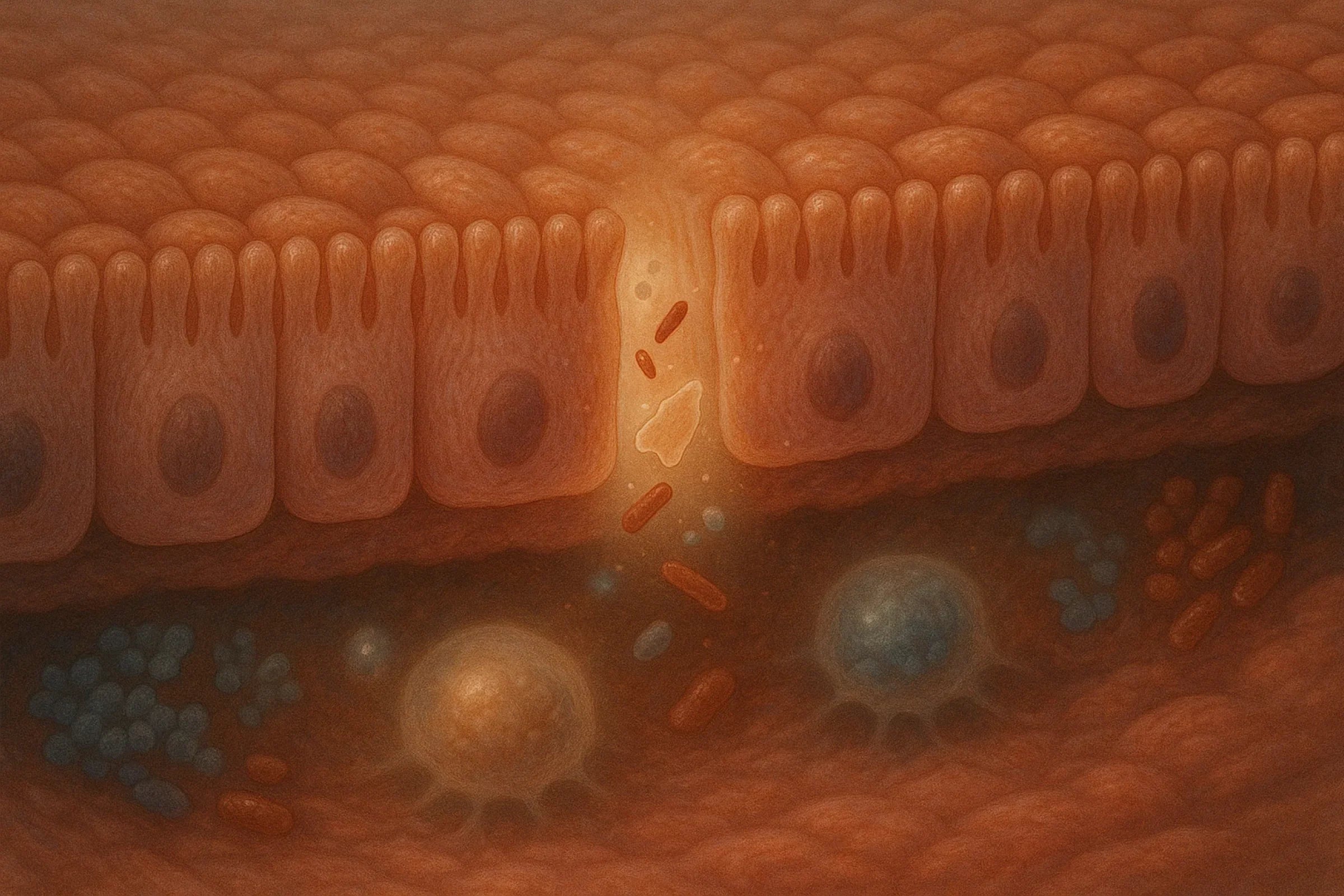Are Polyphenols the Missing Piece in Gut Health?
Microbiome: Overview
We often think of our gut as "the place where food goes after we swallow it," yet, the gut - or more scientifically, the gastrointestinal system - is so much more than that. Hippocrates is often attributed with saying that "All diseases begin in the gut." Modern science is actually showing that his intuition was not far off and that the gut is indeed intimately linked to health. This is partly because our gut is home to a dense ecosystem of bacteria, often referred to as the gut microbiome, which 'pay rent,' so to speak, by boosting our immune system, regulating inflammation, making nutrients for us, improving our digestion, and balancing our hormones.
If our gut bacteria go awry, our health might be in trouble. Thus, it is important to maintain a healthy microbiome. We do this by feeding our microbiome with (well, rather it feeds on) the prebiotic foods we consume - you've probably heard of this word before; it's essentially a term that refers to fibers and other bacteria-friendly foods. Another popular word is probiotics and it is used to characterize the beneficial gut microbes and distinguish them from ones that cause trouble (the term pro-biotic means pro-life).
Unfortunately, our gut microbiome changes, with its profile worsening as we age and resulting in something called gut dysbiosis. This latter term literally means bad, or difficult life, and describes a state of microbial imbalance in the gut (tilted towards having more bad bacteria than good). Gut dysbiosis is influenced by an array of factors to which we are exposed throughout life, including:
- Long-term exposure to antibiotics: Either medically prescribed or ingested through consumption of animal products from farmed animals who themselves have been fed with antibiotics - a common practice nowadays, with ~80% of antibiotics used in the USA fed to farm animals (1).
- Taking NSAIDs, like ibuprofen and aspirin (2), which can cause gastrointestinal lining damage within five minutes of exposure (3).
- Having a bad diet: Ultra-processed foods, preservatives, additives, and excessive alcohol consumption.
Dysbiosis is exacerbated with aging, but also accelerates it, and one way with which it does so is by making our guts "leaky." Leaky gut, a popular term nowadays, simply refers to a loss of the integrity of the intestinal barrier - the barrier that separates the gut space from the bloodstream and controls what enters our circulatory system (Figure 1). It is a major contributor to chronic systemic inflammation, which is itself triggered by the tiny bits of undigested foodstuff, microbes, and toxins invading the bloodstream through the damaged gut lining. And, as our readers are aware, chronic inflammation sits at the center of all major diseases (from heart disease to cancer), and is also a strong risk factor for premature death (4). Fixing gut health issues is, therefore, of critical importance.

Figure 1 (modified from (6)): A polyphenol-rich diet improves intestinal permeability ("leaky gut") and promotes growth of good gut bacteria.
How can we re-establish microbiome balance and heal a leaky gut and the consequent inflammation? Recent research highlights an unexpected player: polyphenols.
Polyphenols Promote Microbiome Balance and Health
Polyphenols are powerful plant-based antioxidants and anti-inflammatories found in foods like extra virgin olive oil, fruits, vegetables, tea, and spices such as turmeric. They are known to promote health in a plethora of ways and, as it turns out, also serve as potent prebiotics. Below we present scientific evidence from recent studies and reviews supporting this claim:
- To investigate the effects of polyphenols on the human microbiome, Hidalgo et al (5) mixed cultures of human fecal bacteria with polyphenols. They then assessed the amount and types of bacteria in the treated samples and reported that, within a matter of a few hours, polyphenols were able to promote the growth of good bugs such as Bifidobacteria and Lactobacillus.
- An interventional study had participants swap out low-polyphenol snacks for food with high polyphenol content (6). The authors then measured significant growth of good gut bacteria and an increase in the strength of the gut barrier.
- A review article on the health benefits of polyphenols (7) supports that polyphenols promote the growth of good microbes in the gut by acting as anti-microbial agents on the bad ones (thus titling the balance away from dysbiosis; see Figure 2 for more information).
 Figure 2 (from (7)): Effects of polyphenols on gut microbiome composition and function. Polyphenols exert their positive effects on the microbiome via two mechanisms: A) They act as potent prebiotics, promoting the growth of good microbes, and B) Impart an anti-microbial effect on pathogenic bacteria, reducing their capacity to colonize the gut and outcompete the beneficial bacteria.
Figure 2 (from (7)): Effects of polyphenols on gut microbiome composition and function. Polyphenols exert their positive effects on the microbiome via two mechanisms: A) They act as potent prebiotics, promoting the growth of good microbes, and B) Impart an anti-microbial effect on pathogenic bacteria, reducing their capacity to colonize the gut and outcompete the beneficial bacteria.
Thus, to reverse dysbiosis and heal a leaky gut - and the consequent chronic inflammation - a simple yet powerful intervention is to introduce polyphenol-rich foods and supplements into our daily routine. Not only do these compounds promote the growth of good bacteria and strengthen the intestinal lining, they also act as potent anti-inflammatories, providing comprehensive support and protection for a healthier gut and body.
